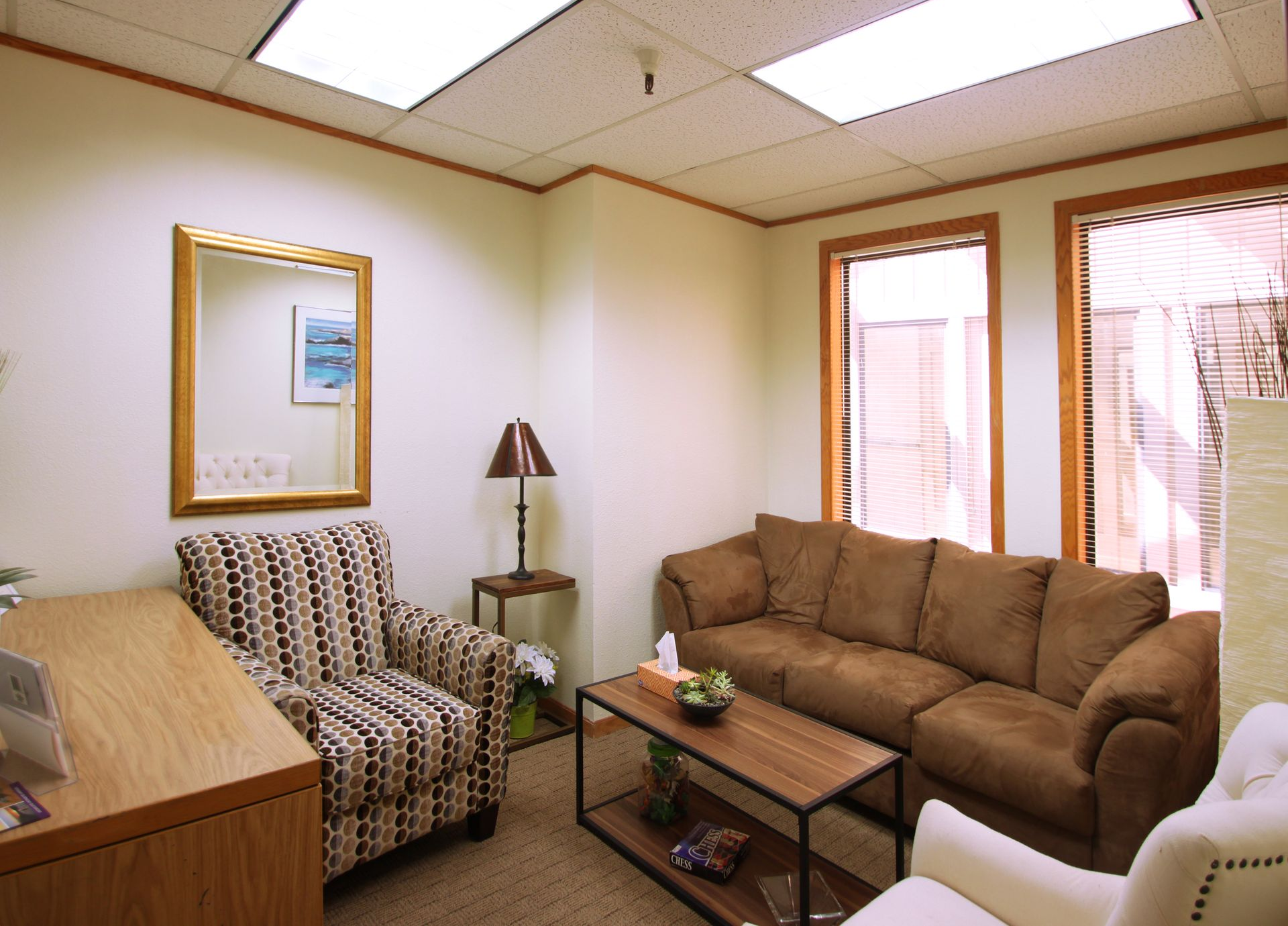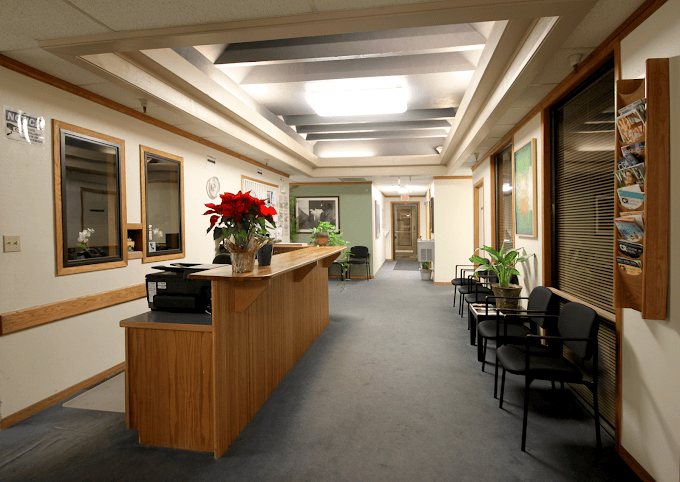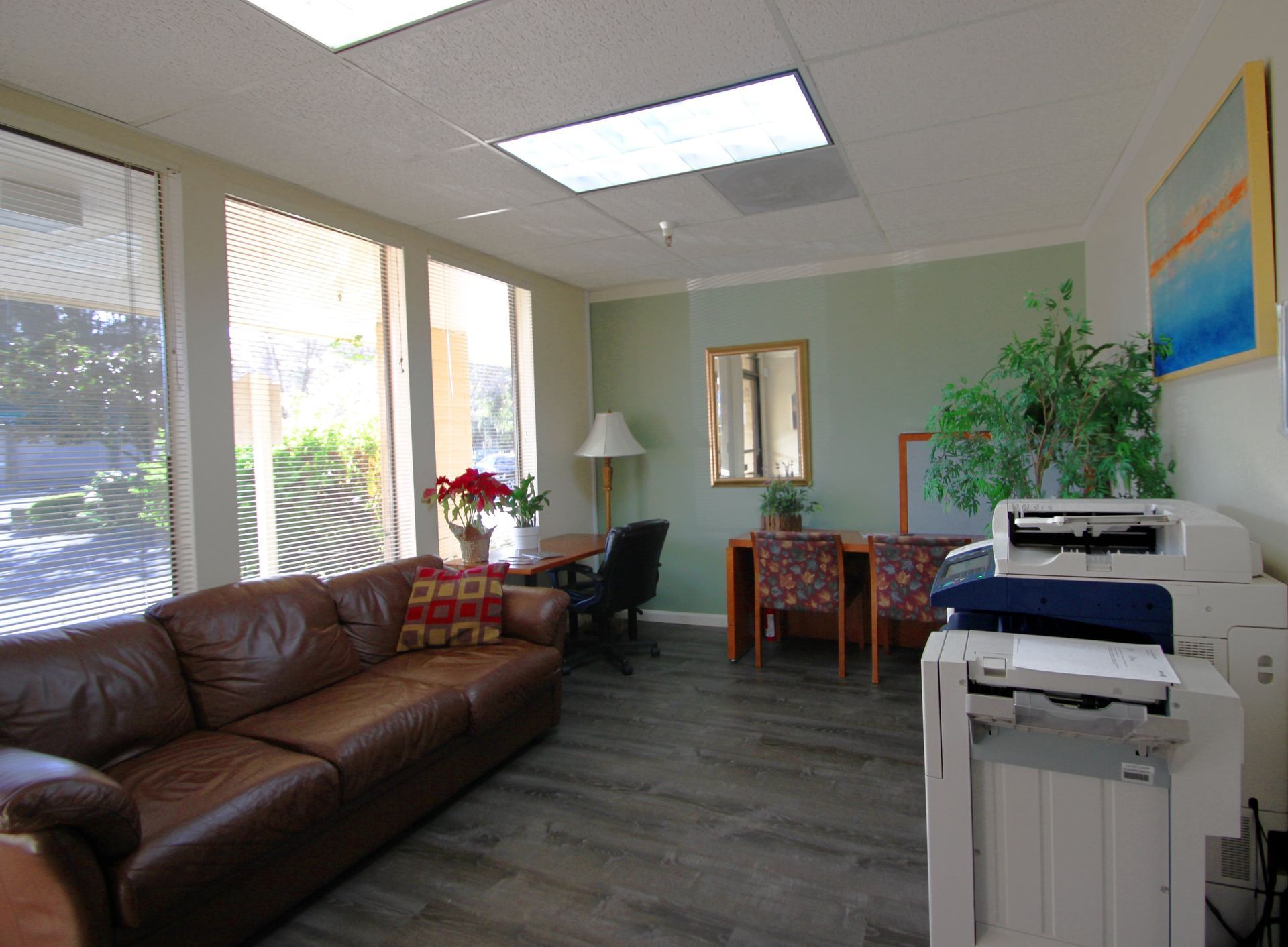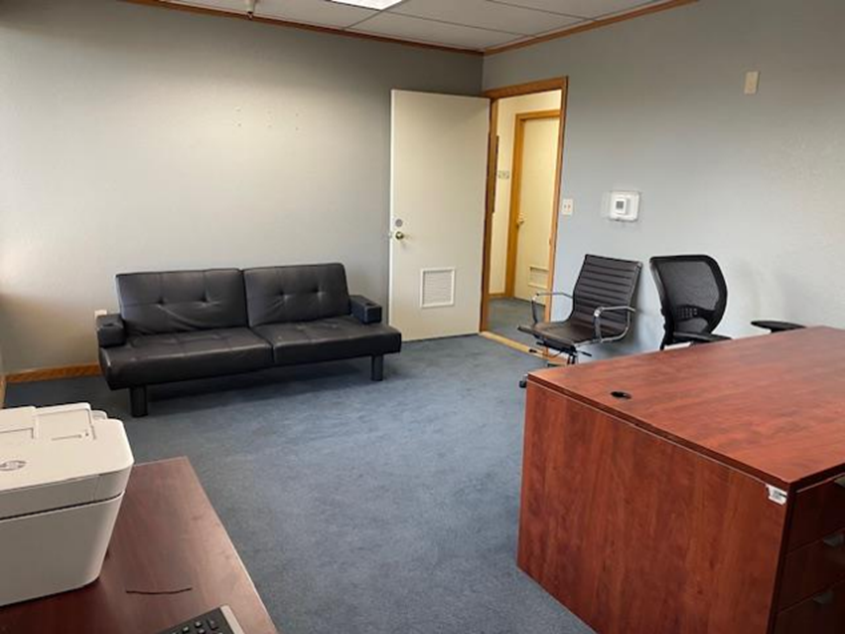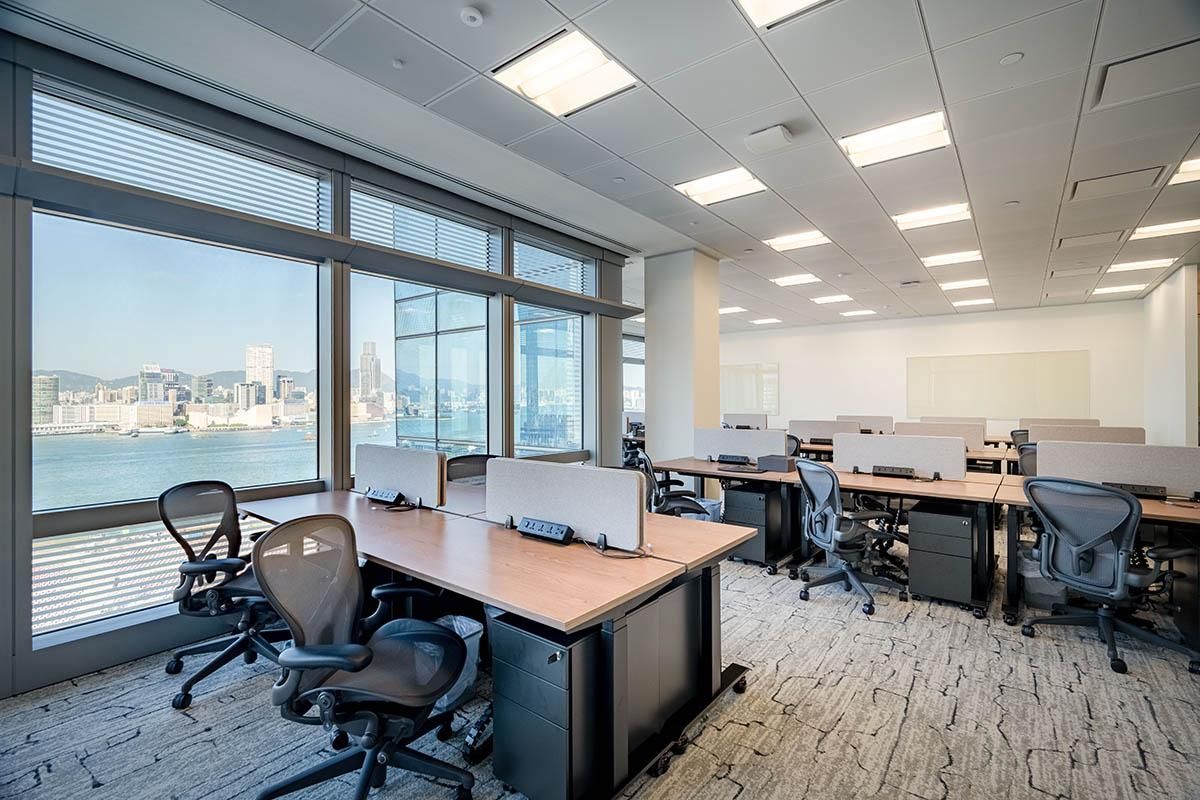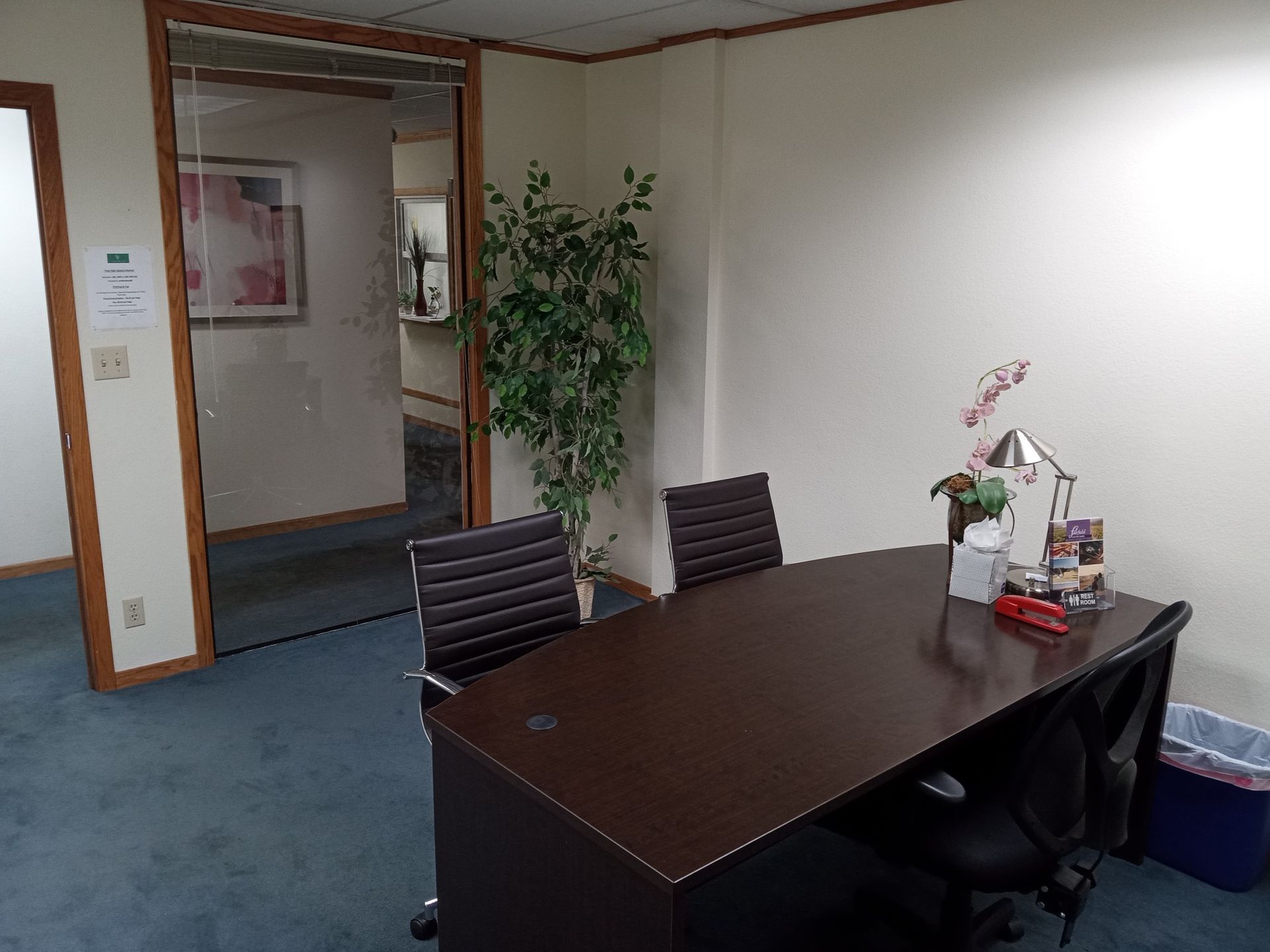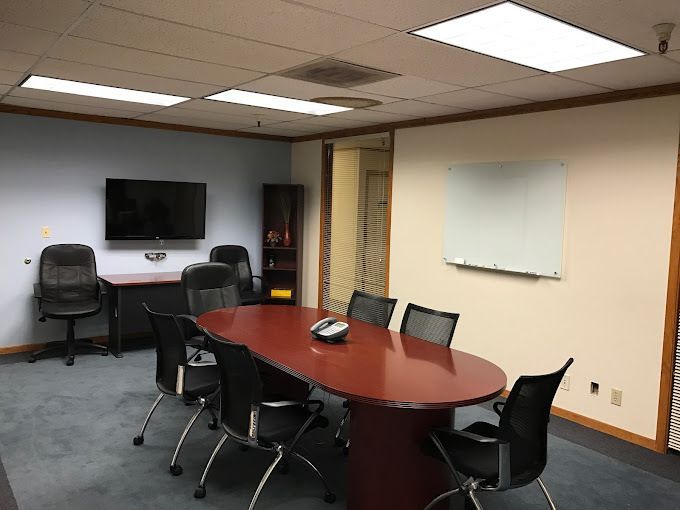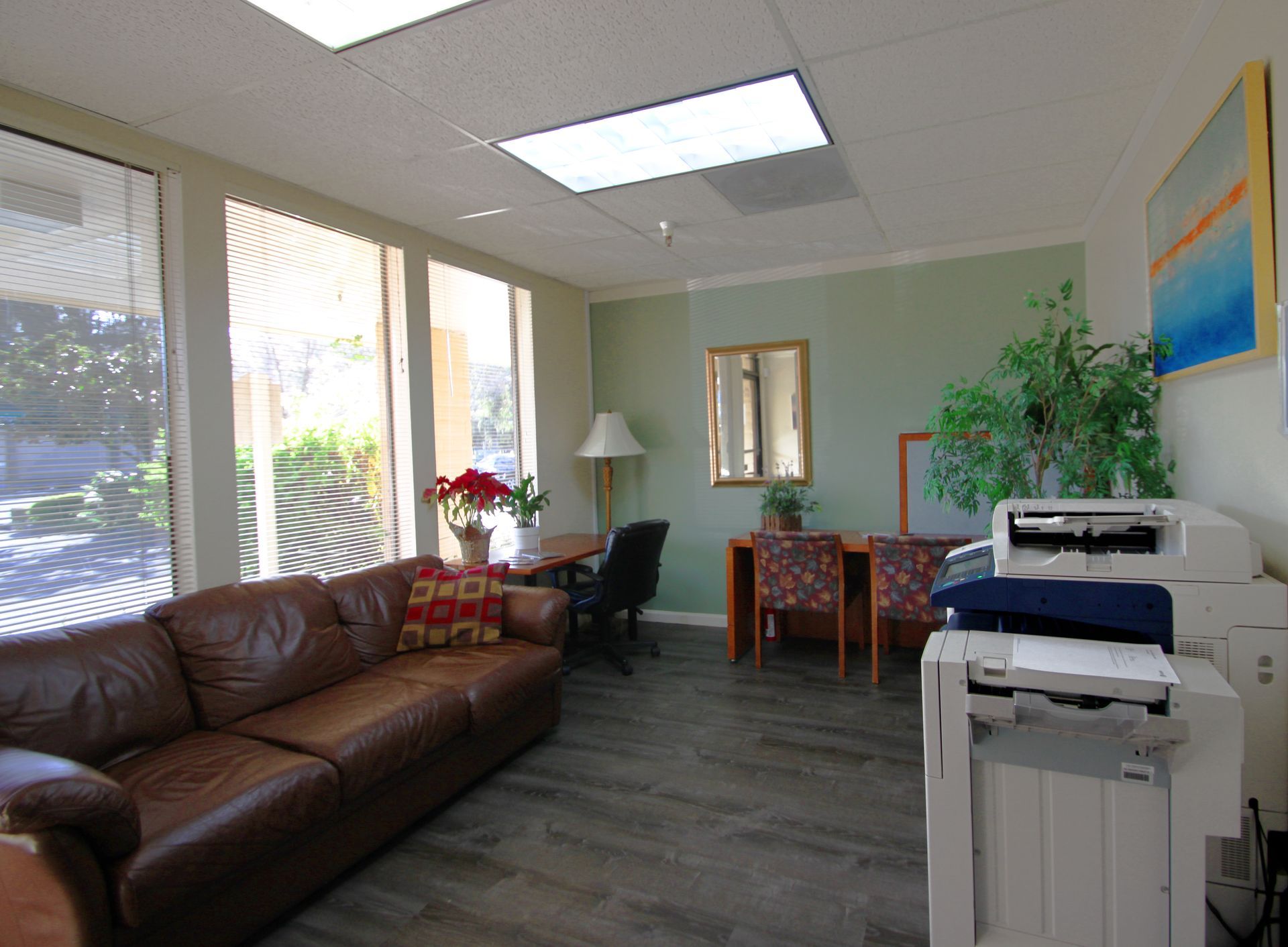New Paragraph
Small Commercial Space for Rent: A Smart Move for Growing Businesses
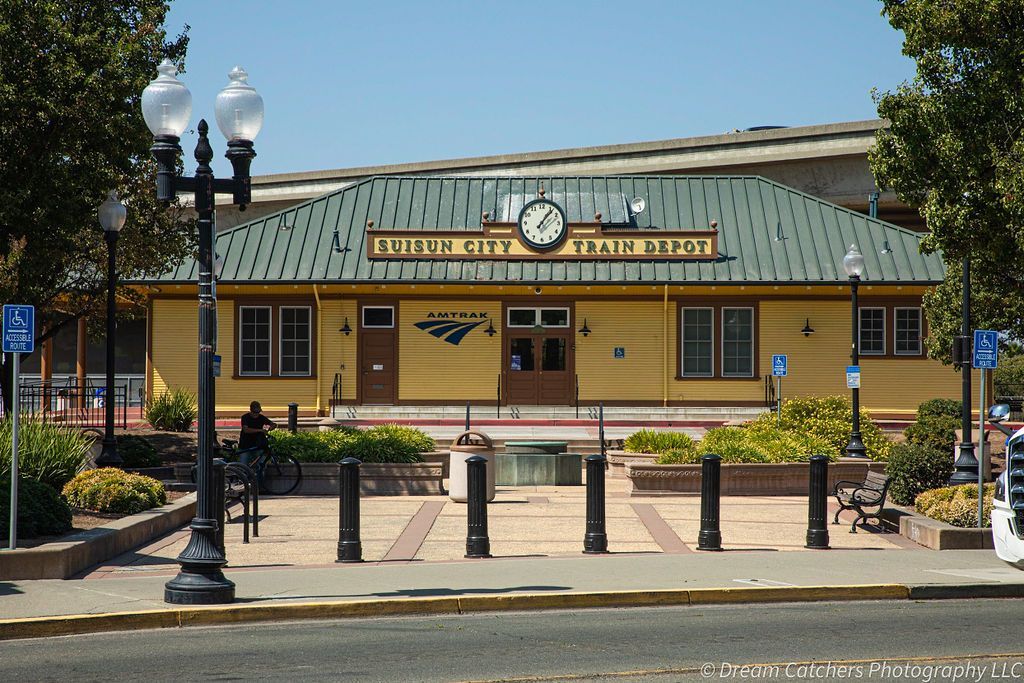
Many entrepreneurs, freelancers, and startups are realizing the value of finding a small commercial space for rent that matches their size, budget, and goals. Whether you're scaling a side hustle or launching a professional venture, a small space can offer all the essentials—without the overhead of a large lease.
From boutique retail stores to cozy office studios and service-based hubs, smaller commercial rentals offer tremendous opportunities for business growth. With the right location and layout, even a few hundred square feet can deliver significant returns.
Cost-Effective and Budget-Friendly Choice
One of the most appealing reasons to rent a small commercial space is affordability. Businesses with limited funds can benefit by directing savings into marketing, staffing, or equipment rather than high rent costs.
Additionally, smaller spaces require less heating, cooling, and lighting, resulting in lower utility bills. Maintenance expenses are also significantly reduced, which is especially beneficial for new businesses still testing their market.
Ideal for Startups, Freelancers, and Small Teams
Startups often begin in coworking spaces or garages, but as operations grow, a modest-sized office or retail unit becomes a crucial step forward. Freelancers and creatives—such as graphic designers, consultants, or writers—also benefit from having a dedicated space outside the home.
Even established businesses looking to expand into new locations or markets find small commercial rentals perfect for satellite offices or seasonal pop-ups. These spaces provide privacy, professionalism, and functionality without overcommitting on resources.
Small Spaces Offer Greater Flexibility
Flexibility is another key reason many businesses are opting for smaller commercial properties. Most landlords offer short-term or negotiable lease agreements for smaller units. This allows businesses to stay agile, shift strategies, or relocate as needed.
Whether you’re exploring a new customer base in a different neighborhood or testing a new product, a small commercial rental gives you room to pivot. You can also scale up or down depending on your current business needs—something far more difficult with larger, long-term leases.
Types of Small Commercial Spaces Available
There are several kinds of small commercial spaces, each suited to different industries. Understanding your options can help you choose the most practical layout and location for your specific business.
Retail Units – These are compact storefronts, often located in commercial plazas, shopping centers, or high-foot-traffic neighborhoods. They're ideal for clothing shops, beauty salons, gadget stores, or niche service providers.
Office Spaces – Small offices range from 100 to 1,000 square feet and typically include a reception area, workstation space, and sometimes a meeting room. These are great for professionals like attorneys, accountants, therapists, and consultants.
Coworking and Shared Offices – For even more flexibility, shared office spaces provide desks or private rooms with access to shared amenities like conference rooms, kitchens, and high-speed Wi-Fi. These are ideal for freelancers, startups, or remote teams looking for a professional setting.
Studios and Workshops – Artists, photographers, and makers benefit from small creative spaces tailored for messy or physical work. These often come with good lighting, open floor plans, and utilities like water or 220V power.
Kiosks or Pop-Ups – Micro-retail locations in malls, airports, or public venues are perfect for temporary stores or product launches. They provide visibility with minimal overhead.
Location Plays a Key Role in Business Success
For retail-based operations, high visibility and easy customer access are crucial. Spaces near busy intersections, shopping centers, or residential communities often bring better traffic and sales.
For service-based businesses or offices, consider accessibility for your team and clients. Is there public transportation nearby? Are there restaurants, banks, or coffee shops in the area? Convenience increases the value of your space—not just in rent, but in customer experience.
What to Look for in a Small Commercial Rental
Before signing a lease, evaluate what you need both now and in the near future. Consider the following key features when comparing small commercial spaces:
Size and Layout – Make sure the space fits your business model. For instance, a retail store needs space for inventory, display areas, and customer movement. An office will need workstations, a small meeting zone, and potentially a break area.
Amenities – Check for high-speed internet, sufficient lighting, air conditioning, and power outlets. In shared spaces, examine the common areas and what services are included.
Zoning and Regulations – Ensure the building is legally zoned for your business activity. Some areas restrict certain business types.
Lease Terms – Review lease agreements carefully. Understand the duration, rent increases, renewal conditions, and maintenance responsibilities.
Rent vs. Buy: Why Renting is a Smarter Move
Many entrepreneurs wonder whether they should buy or rent their business space. For most small businesses, renting offers far more advantages in the early stages. There’s less risk, lower upfront cost, and no long-term financial obligation.
Renting also provides mobility. If your customer base changes or if you grow quickly, it’s much easier to move or expand from a rented space. Ownership, on the other hand, locks you into a specific location and often includes major repair and upkeep costs.
How to Find a Small Commercial Space for Rent
There are several ways to find the right small commercial property. The key is to search thoroughly, ask the right questions, and compare options before committing.
Online Real Estate Platforms – Websites like LoopNet, Realtor.com, Zillow Commercial, and Craigslist are useful starting points. Use filters to refine by square footage, budget, and amenities.
Local Real Estate Agents – An agent with commercial experience can save you time and negotiate better deals. They know which spaces are available and understand zoning rules and lease structures.
Social Media and Local Boards – Check Facebook groups, LinkedIn, or even local community bulletin boards. Landlords sometimes advertise small spaces in less traditional places.
Networking – Attend business meetups or chamber of commerce events. Business owners often share tips or referrals, and you might discover a hidden opportunity.
Tips for Maximizing Small Spaces
Even a small commercial space unit can feel spacious and functional with the right layout and approach. Smart design is key. Use modular or foldable furniture to create multi-functional areas. Wall-mounted shelving helps free up floor space. Neutral colors and mirrors can make rooms appear larger and more inviting.
Promoting Your Business in a Small Space
Once you’ve moved in, it’s time to let people know where you are. Update your online listings, including Google Maps, Yelp, and local directories. Share your new location on social media and consider hosting a small launch event or promotional offer.
Partner with neighboring businesses to drive foot traffic. If you're in a shared building or plaza, cross-promotions and flyers can boost exposure. Leverage every inch of your space—windows, walls, and even sidewalks—to attract attention.


